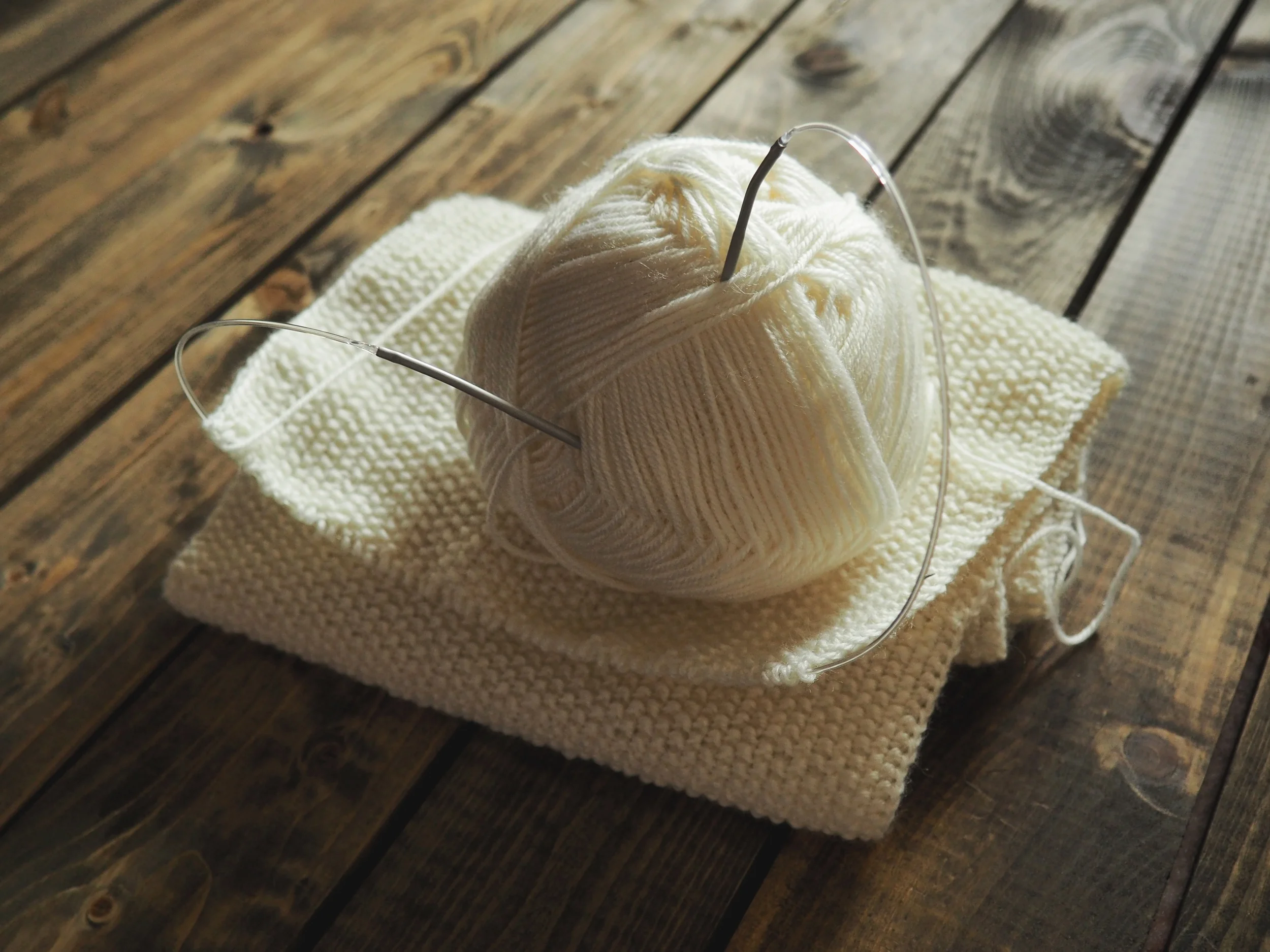How Shall We Then Grow?
Knowing everything we know, we have to make choices about how we live. We have to decide who we hang out with, what activities we are going to do and what sorts of foods we are going to eat. We are also faced with choices about our personalities. Do I show my anger? Do I choose to ignore difficult remarks? Will I show kindness when I have been hurt? In our friendships we have the difficulty of choosing how we grow with people we don't see as often as our families, and with whom we may not feel as comfortable being honest. Vulnerability comes to mind. The word vulnerable means "capable of being physically or emotionally wounded" (Webster). Well, forget that! I mean who in their right mind wants to open themselves to physical or emotional attack? Okay, so I know that my friends are not going to harm me physically, at least not intentionally. Some of us are rather clumsy. But what about emotional harm?
If you have friends you are automatically open to emotional harm. I know that we all put up walls. If you have been through abuse your walls are thicker and taller than most other peoples. You may have a hard time opening yourself up to friendships, in part, because you don't want to be vulnerable with another person. But real, fruitful friendships must carry a certain amount of vulnerability. Becoming more vulnerable is a way to grow in your relationships. It's not easy and really you must be a fairly secure individual to be able to do this. It requires honesty and a back bone. I like to offer a few ways to become more vulnerable with your friends.
Photo Credit Rebecca Trumbull
1. Bible studies. Find a study you and your friends can do together. Host it in your home or find one already in place at a church and go together. There are multitudes of studies out there on relationships, family, suffering, service and growth. Beth Moore has a plethora of studies on many different topics and all based on scripture. Check out her website at Living Proof Ministries. Another great Bible study author is Kay Arthur. Her website is Precept Ministries International. Bible study allows women to grow together in God's word. If the study is fairly small it also allows time for discussion and where women discuss vulnerability happens.
2. Book clubs. Reading books together is a great way to be on the same page, pardon my pun, and also be able to openly converse. A book club can be a fun way to get together and provide a platform for conversation. Maybe you want a light hearted, fun discussion so you pick books that will provide laughter. Perhaps your group wants to read things that are controversial and compelling. Maybe historical fictions or science fiction will provide ideas for questions and discussion that you had never thought of. Be creative. Let those who want to, pick out a book to read and then lead the discussion. Talking about books can be a great way to get to know each other and create new opportunities to be vulnerable. There are a few good websites that give suggestions for book club books: Goodreads, Flashlight Worthy, Litlovers, and more.
3. Be active together. Doing things together one on one can also be a great way to open up and be honest with your friends. Time together with just one friend can lead to much deeper and meaningful conversations than when you are with a group. Do a physical activity together like going for a walk at a park or in the neighborhood. Meet for a "friend" date: get lunch or dinner then go to a movie. Volunteer together. Donate blood together. Teach each other how to do something. Maybe you know how to play the piano and your friend knows how to knit. Spend time teaching each other your skills. Spending time together will foster a healthy habitat of trust and vulnerability.
Being vulnerable is hard, but creating a healthy environment of trust and fun will make it easier for you and for your friends.




